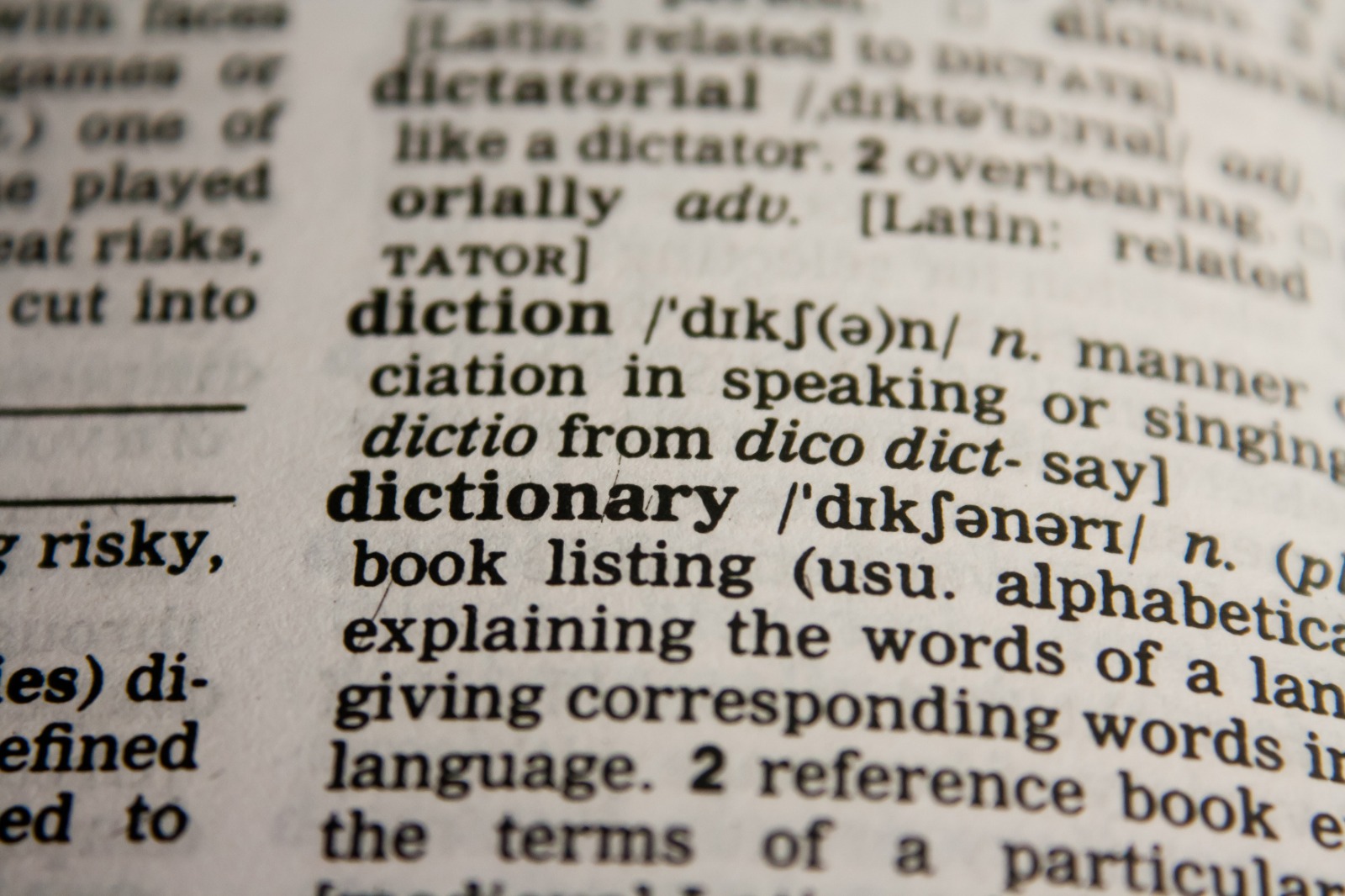Many of my students who are currently completing Year 11 ATAR English are struggling to understand how to prepare and study so they can get ahead in Year 11 and Year 12.
I think that studying starts at a young age, but if you are ready to start in Year 11, there is no time like the present.
When I begin to work with students in year 11, one thing is abundantly clear: they have no idea how to go from Year 10 English to Year 11 English with ease.
Jumping from the F-10 syllabus to the ATAR English system can be really difficult. This is especially true as you need to pass ATAR English to receive your WACE certificate.
So… what should you do in Year 11 to prepare for your English exams? I’m glad you asked.
1. Prep Your Notes From Day 1
The allure of Tik Tok videos is real – we all know it. But I have seen many students spend hours at the end of the year pouring through their books and trying to find random pieces of paper with their best essays scrawled across them.
Students who take notes and synthesise those notes at the end of every unit have a much easier time in November when they prepare for their exams.
As a rule of thumb, a one-page A4 should be sufficient to summarise each of the units you complete in English.
2. Learn How to Compare And Contrast
When you start to look through past exams, you will notice that many of the questions ask you to you compare and contrast texts or review two texts.
Throughout the year, you should be thinking about key similarities and differences between all of your texts.
Are two of your texts of the same genre? Do two of them cover the same time period? Do two of your texts offer diverse perspectives on the same issue?
Always think of how you could write about two texts.
3. Watch a Documentary
You will need to write a persuasive, narrative or interpretive text based on a random prompt.
The best way to prepare for this is to “know things”. My students go into their WACE English exam with four or five different knowledge areas they could pull from in order to write their composing section.
Next time you go to Keep up with Kardashians, try watching a documentary and take some notes – you will thank me later.
4. Know All The Devices!
ATAR English is all about the devices, particularly in the comprehending section.
Please ensure you create (and laminate) a list of narrative, interpretive, persuasive and visual devices that you will be able to identify in the comprehending section.
This will also become useful in Year 12.
5. Find Your Cross-Curriculum Links
Many students of ATAR English don’t realise that a potential Composing response is right in front of them in their other subjects.
Take a look at your course material in your other subjects to see if there is anything to write about in your Composing. This means you are not learning totally new content and you are just using what you already know.
Studying Freud in Psychology? Learning about the Russian Revolution in History? What about Religion?
You will find information on all of your other subjects.







